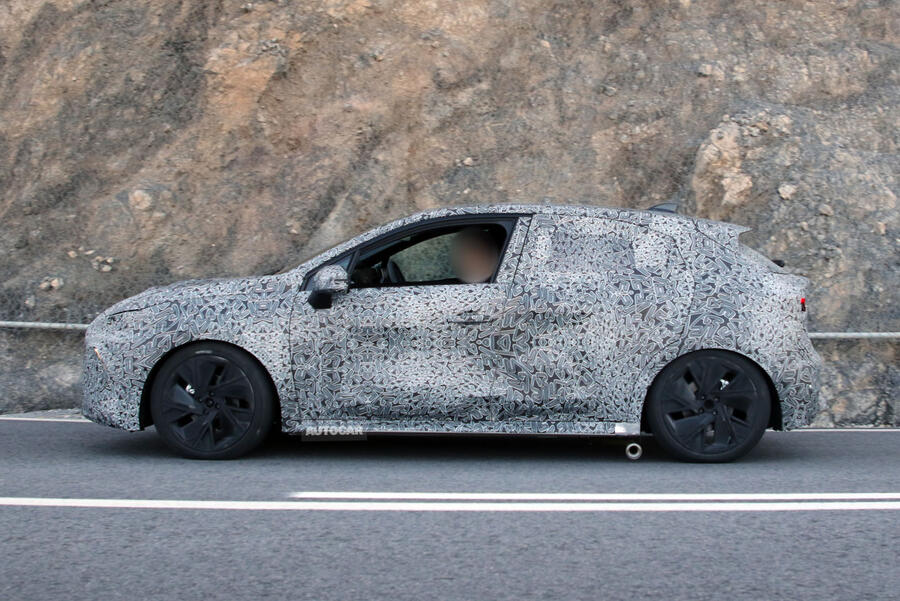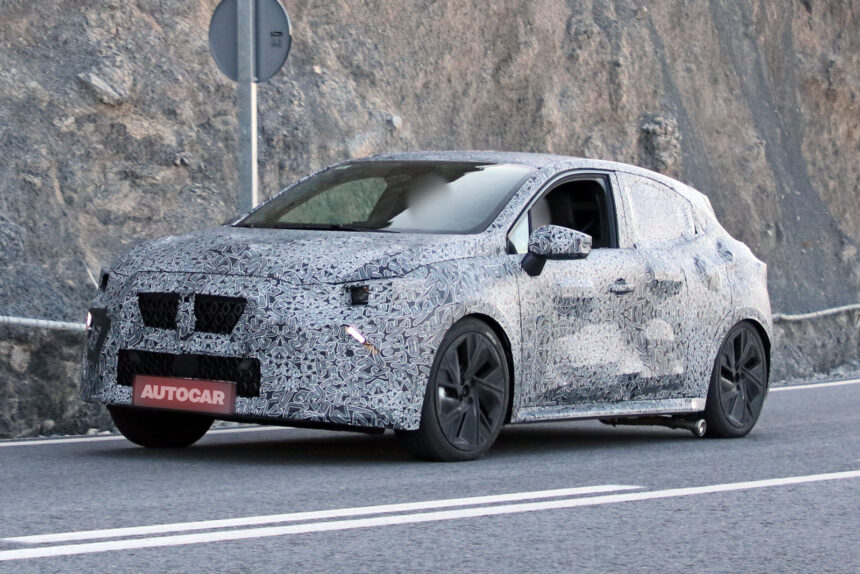Renault Faces Tough Decisions with Transition to Electric Cars
As the automotive industry shifts towards sustainability, brands like Renault are facing challenging decisions regarding their product lineup. The European Union’s mandate requires manufacturers to sell an increasing proportion of electric cars, starting at 24% of total sales this year and ramping up to 80% in 2030.
This shift means that Renault will have to prioritize their most profitable models as they limit the number of combustion-engined cars they can sell. This could potentially lead to the phasing out of popular models like the Clio in the UK, as the closely related Captur crossover proves to be more lucrative for the brand.
Despite the financial considerations, the decision to discontinue the Clio is not an easy one, given the strong brand recognition and loyalty it enjoys among UK buyers. Renault’s product performance chief, Bruno Vanel, highlighted the significance of the Clio brand, stating that it is as well known as Renault itself in the UK.
While a decision on the future of the Clio is not expected until 2025, Renault is already looking ahead to the environmental and cost implications of developing the next generation of the popular model. Vanel emphasized the importance of maintaining the current car’s positioning while introducing new, more expensive electric models to cater to a wider customer base.

Cost-effectiveness is a key factor in Renault’s strategy, as they aim to transition towards electric vehicles gradually while still offering hybrid options to remain an affordable brand. Vanel stated, “We are not moving directly towards 100% electric. We are doing it step by step, to have this transition with hybrid cars so that we remain an affordable brand.”







